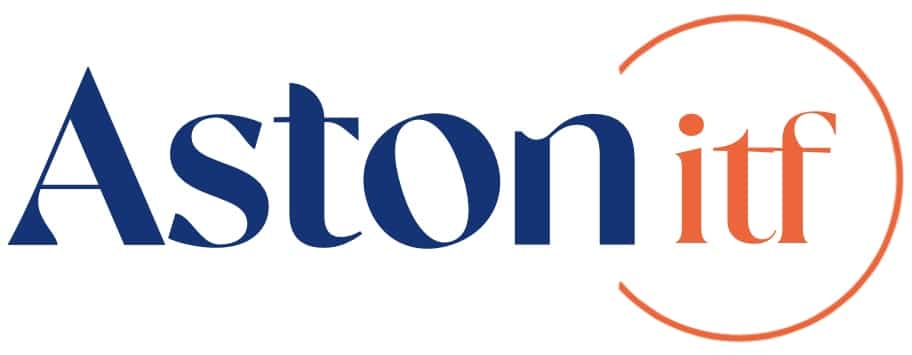Read Justine JEANNE’s account of her vision of the role of HR throughout a startup’s life cycle.
HR and the startup life cycle
“Having analyzed the missions of an HR manager in a start-up, let’s look at his or her roles in relation to a start-up’s life cycle.
Let’s start by recalling the main phases a start-up goes through. Five key stages can be identified: ideation, creation, bootstrapping, scaling and expansion. Let’s decipher these five moments, putting the role of HR in each of them into perspective.
Ideation symbolizes the birth of the concept in the mind of the future founder(s). At this stage, the start-up is made up solely of founders and associates; naturally, we don’t include the “HR” people. However, surrounding yourself with the best partners is vital if the adventure is to continue. Being in phase (intellectually, financially, technically…) with each other is essential. At this stage, the first HR challenge is to define the corporate culture: what are we looking for in our day-to-day work together?
Then comes the creation. This is the period when the idea becomes a reality. Generally, the first “prototype” is created. Finding the right skills, and finding them quickly, is now crucial to project progress. At this point, the first hire or hires take place. When you hire an employee, you have legal and contractual obligations. So we need to find someone who is competent in these areas. If hiring a human resources manager is not a priority, at the very least, you need to be assisted by a legal expert (lawyer, chartered accountant, etc.) to ensure that you are not operating illegally. These first employees will have a special role to play: they will see the product grow, experience its first successes, but also be challenged and even suffer a few failures. During this stage, the founder generally assumes the role of HR, with responsibility for HR/administrative tasks. At the same time, everyone is highly motivated, and to keep the euphoria going, you mustn’t neglect the recognition you owe your employees. How? You don’t have to spend a fortune, just say thank you, underline the quality of the work done, the daily involvement, and share a convivial moment.
Then the priming starts. The product enters the market and more and more people join the start-up. In this third phase, the number of employees can triple or quadruple to more than twenty. Recruitment is crucial, as is the integration of new employees: onboarding is the key. Everyone needs to feel good about what they’re doing here and why. At this stage, the founder(s) must make a choice: recruit a dedicated HR manager, or let one of them train and take the lead in this area. The start-up is around two-three years old and is at a turning point: it’s double or quits. Its resources and their well-being must be a priority.
Once significant sales and a stable position in a critical market have been achieved, we enter the penultimate phase: scaling. Everything accelerates: fund-raising, customers, growth and, above all, headcount. In some cases, the start-up may involve as many as a hundred people. A dedicated HRM person is needed to streamline all Talent Acquisition processes (especially recruitment). At the same time, the first arrivals rub shoulders with the newcomers, acquiring a certain seniority.
We are also faced with the departure of the first “old hands”, those who saw the company grow. HR is faced with a major challenge: attracting ever more talented people, without neglecting those who have been with the company for a long time: building loyalty among these people, who are key employees in terms of skills for the company: they know the product by heart and its various developments. Creating links between all departments and all employees is fundamental to our strength. On a day-to-day basis, this HR will respond to employees’ expectations, support managers and propose HR strategies to optimize resources and boost performance.
The final stage is called expansion. The company continues to grow, expanding internationally, and everything is becoming processed. One person is no longer enough, an HR department is created with specialties However, it is important not to “compartmentalize” this service too much if we want to keep the initial start-up spirit and avoid a heavy, ancestral bureaucratic spirit that would precisely go against this soul.
The evidence is clear: from the outset, awareness of the role of people, their motivation, well-being and skills on a daily basis is essential if we are to succeed in the complex start-up market. Of course, other factors come into play, but let’s not forget that a company is nothing without its human resources, because you can set up a business without money but not without people.”
Justine JEANNE
HR within ASTON iTF

Discover our solution in 3’54 chrono || Find out more about our software
Discover ASTON 360 in 32 seconds || Learn more about ASTON iTF










